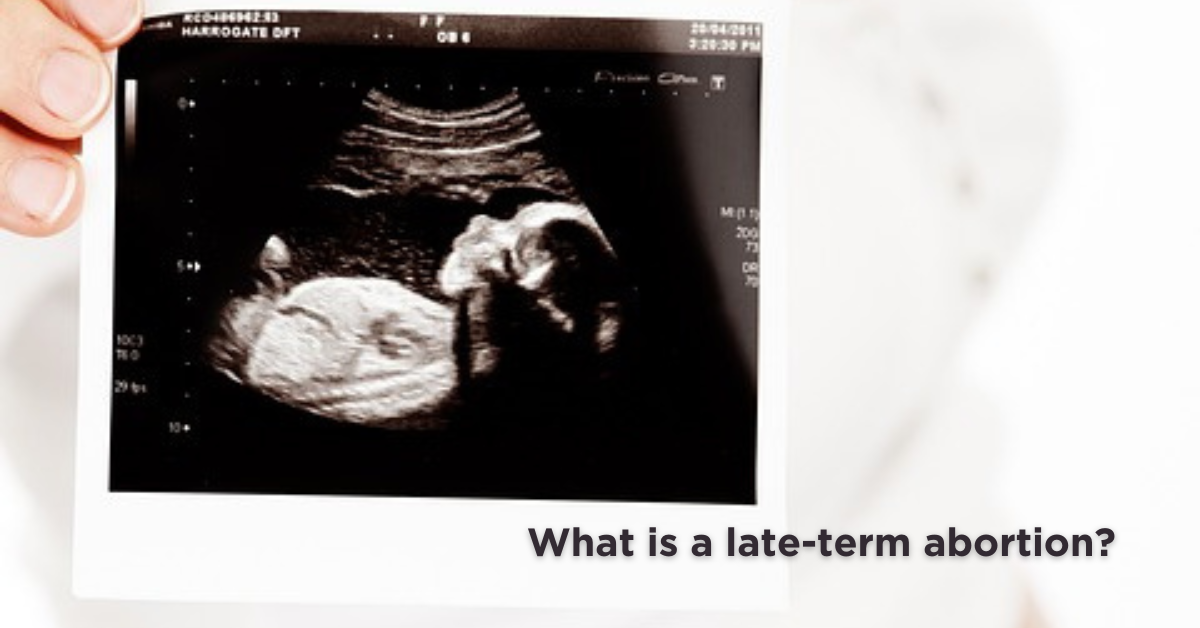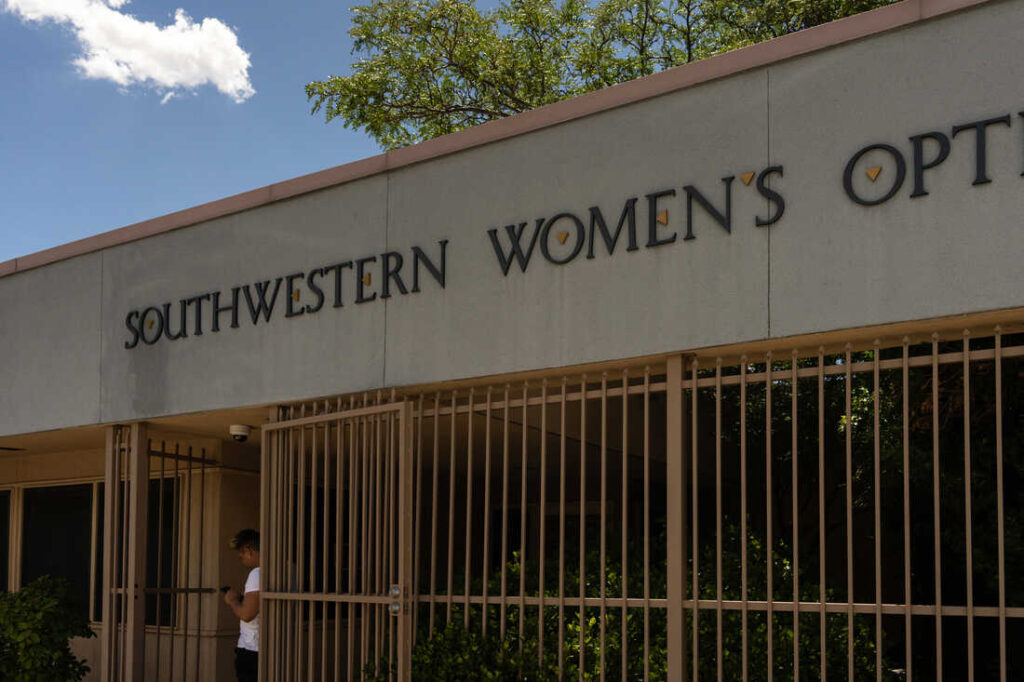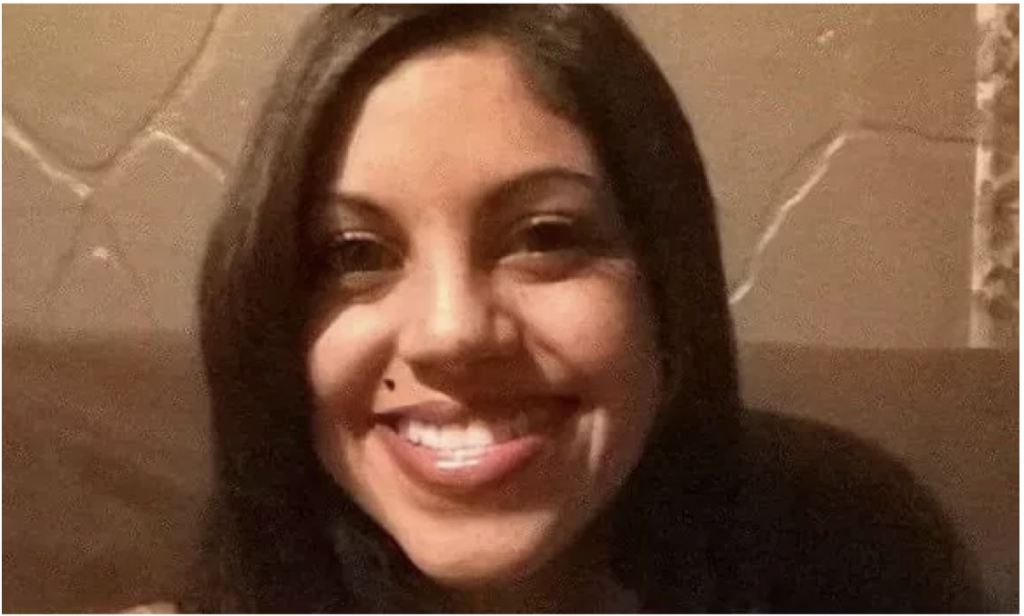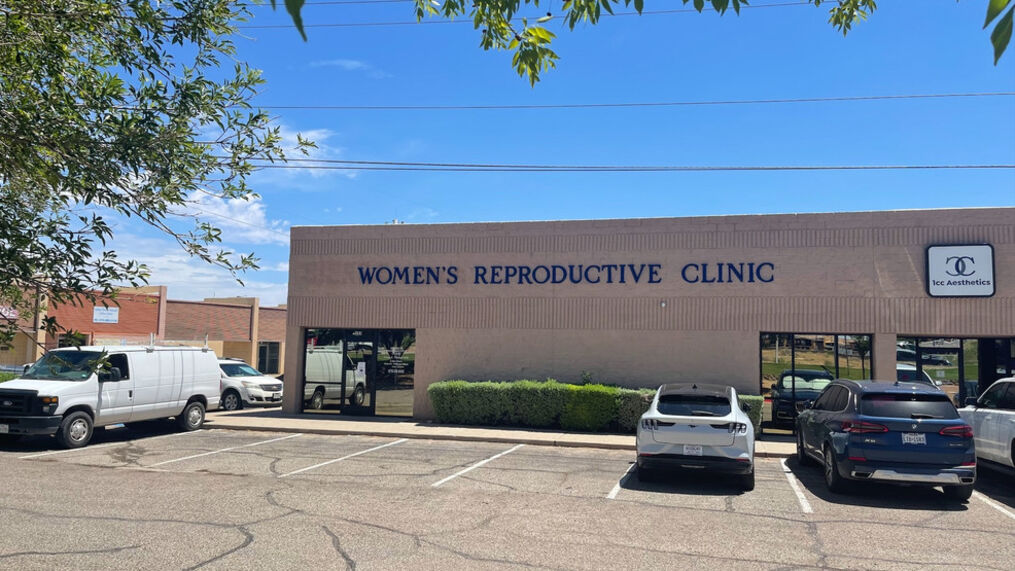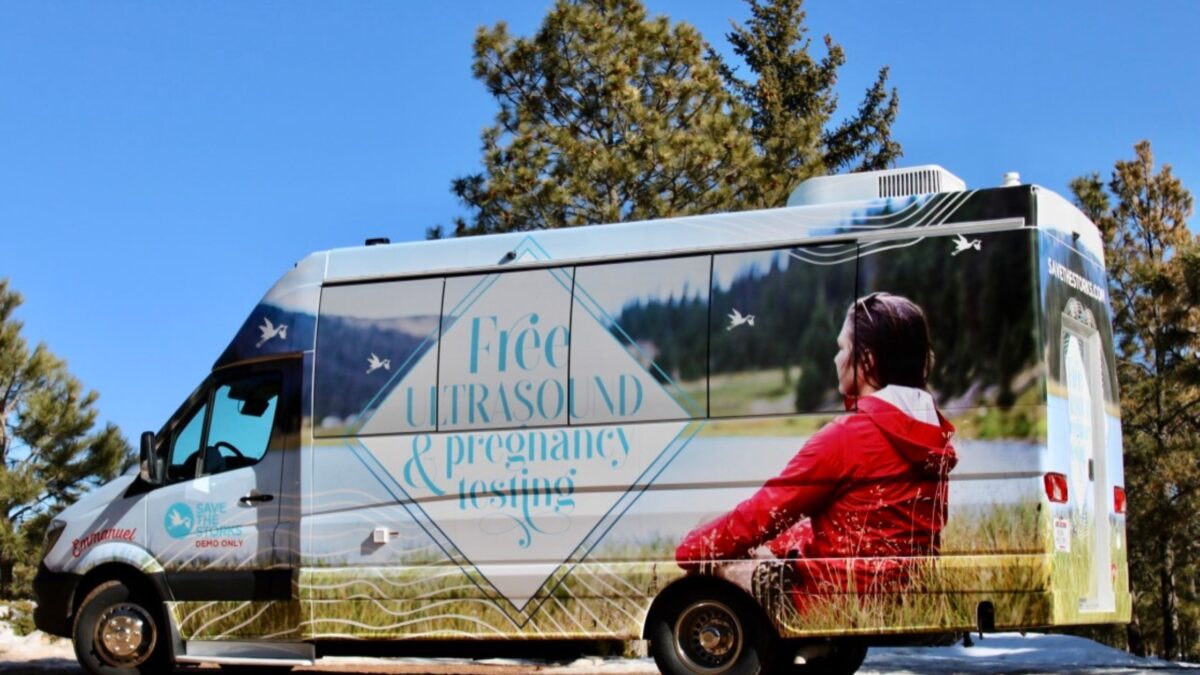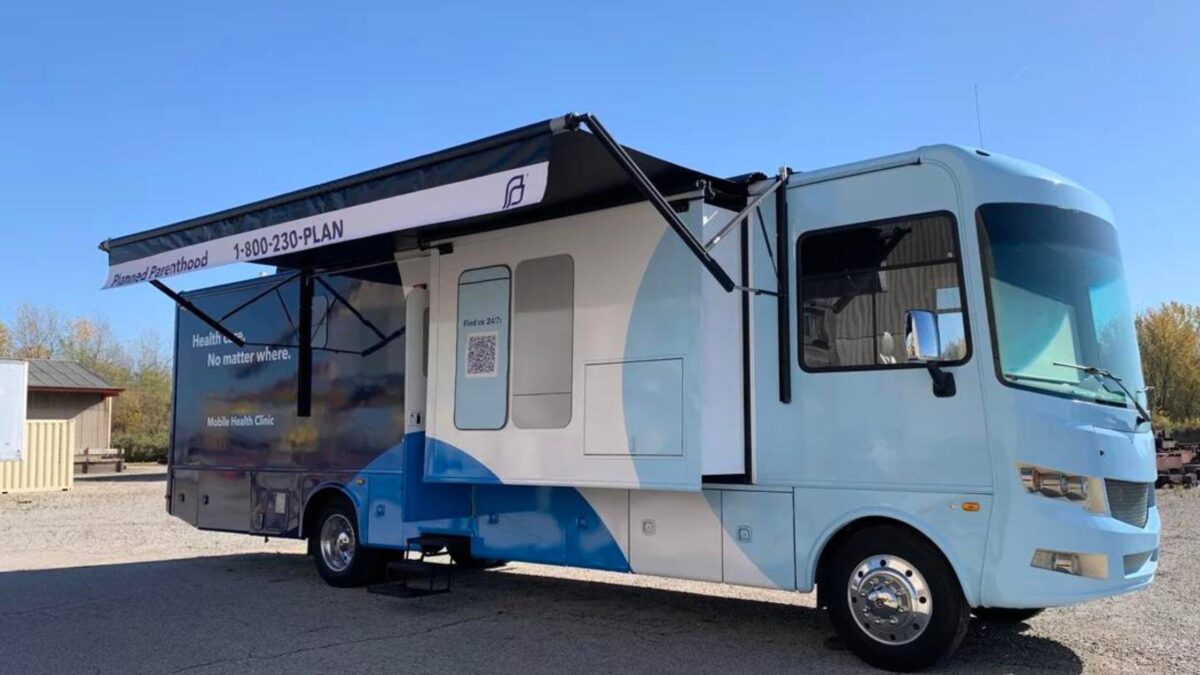What is considered a late-term abortion? Late-term abortion is an abortion performed during or after the second trimester (usually about 20 weeks) of the pregnancy. The gestational period during these late-term abortions coincides with the period in which the baby is considered to be viable, or able to survive outside of the womb. Late-term abortion is a different procedure than an abortion performed during the first trimester of pregnancy. If the baby is not considered viable for life outside of the womb, the mother will be inducted into labor, giving birth to the child which results in the premature baby dying.
Late-term Abortion Procedures
In other cases, the late-term abortion procedure is called dilation and evacuation (D & E). This is where the doctor will use tools to crush the body of the baby while still in the womb, then remove its dismembered body piece by piece. Lastly and perhaps the most upsetting form of late-term abortion occurs when the baby is well past fetal viability. In these cases, the baby will be injected through the mother’s abdomen with a lethal amount of digoxin.
Digoxin is normally used to treat heart problems in adults, but the amount administered to the baby in the womb causes him or her to go into immediate cardiac arrest. If an ultrasound afterward shows the baby survived, it will be administered another lethal injection. To be transparent, at this gestational stage, the baby can and will feel the pain of the injection. Though language describing a late term-abortion is gruesome to read; it is the truth that many women are not informed about until it’s too late.
Risks and Dangers of Late-term Abortion
Is late-term abortion safe for the mother? Not only does this procedure end the baby’s life when it is considered viable for birth, but it also endangers the mother. According to Healthline, side effects of the procedure include cramping, nausea, bleeding for 2 to 4 weeks, and blood clots as large as a lemon. Late-term abortions can lead to complications such as hemorrhage, lacerations, uterine perforations, future pregnancy complications, and maternal death. Late-term abortions can also endanger women psychologically. Women report experiencing grief, depression, disassociation, post-traumatic stress disorder, anxiety, self-loathing and suicidal thoughts after their abortions. Additionally, the lack of care that many abortion clinics show women results in malpractice during late-term abortion procedures. A woman named Keisha Atkins was a victim of this danger which tragically ended in her death.
Keisha’s Story
Keisha Atkins was 24 weeks pregnant when she was first inducted for her abortion at the Southwestern Women’s Options (S.W.O.) abortion facility. This facility, which claims to show compassion and care for the women who enter it, showed little to Keisha in the days following her initial abortion procedure. Medical records show that for three days Keisha was given Fentanyl, Versed, and Oxycodone. She was released to labor outside of the medical facility without anyone monitoring her, and then on the third day she was given Albuterol and Benadryl for labored breathing. Eventually, she was rushed to a hospital where she died.
For three days, Keisha was given multiple doses of powerful drugs which are highly addictive and can cause life-threatening respiratory problems according to their FDA warnings. Keisha spent the last three days of her life under heavy narcotics, and she did not receive the care she deserved from a facility that claims to empower women to choose the outcome of their lives. Her choice in the matter began and ended the second that she walked into the facility and put her trust in the place that solely provided options in the facility’s name. This is the horrific reality of malpractice that can occur to women during late-term abortion procedures. Unfortunately, states like Colorado, Oregon, and New Mexico continue to offer late-term abortion procedures to women.
New Mexico: The Late-term Abortion State
Sadly, New Mexico has been performing late-term abortions at clinics for over a decade. This fact was not well known until after the law in New York was passed to allow late-term abortions. Many New Mexico locals were in disbelief when learning this. A sidewalk advocate (a pro-life activist who stands outside of abortion clinics) even describes an instance in which a woman in active labor was at the clinic to have a late-term abortion. Since the Stork Buses have been placed in areas where late-term abortions are available it has been described by locals as a “game-changer” for choosing life. Stork Buses are state-of-the-art mobile medical units, providing women’s healthcare, and are staffed by licensed medical professionals.
Pregnancy centers offer counseling, formula, diapers, clothing, and financial assistance to women who are pregnant and in need. The mobile medical units we provide allow sidewalk advocates the ability to not only communicate with the women that there is another choice but to point them towards a place where they can be shown all of the facts before making their decision. Since New Mexico still offers late-term abortion to women it has unfortunately become a hub for it; some women even travel to obtain their abortions there. This is exactly what happened in Albuquerque, New Mexico when a woman who was 32 weeks pregnant stepped onto a Stork Bus and chose life despite her plans to pursue late-term abortion.
Watch our video: Save the Storks: Late-Term Abortion in New Mexico
Religious Organization Funds Woman’s Late-Term Abortion
The most shocking part of this woman’s story is how she got to New Mexico to pursue her late-term abortion. A nonprofit called The Religious Coalition for Reproductive Choice had offered to pay for travel and the abortion expenses for the woman on board our bus. The RCRC, as they are acronoymed, is an interfaith movement that claims to bring the morals of religion to support women in their reproductive rights and choices. This interfaith group is backed by leaders from several religions including Protestant, Catholic, Unitarian Universalist, Jewish, Muslim, Hindu, and Buddhist.
We as a faith-based organization find it hard to believe any Christian values could lead one to fund the horrifying late-term abortion procedure described in the earlier paragraph. This kind of disrespect for human life is not biblical nor a part of the Christian values that Save the Storks believes in.
Fortunately, when the woman in this story arrived at the late-term abortion clinic, the mobile medical unit was outside. She walked in and was met by Paula, the mobile medical director. Inside she was given all the information she needed and was able to have the necessary conversation which helped her choose life. Although the woman had decided to choose life, she was now worried that the RCRC would not pay for her to get home if she did not go through with the abortion. Paula offered to get this scared mother home if the RCRC refused. In the end, the RCRC did pay to get the woman home despite her choice for life that day.
RCRC: An Interfaith Coalition Supporting Abortion
In a prayer available on the RCRC website, Rev. Elizabeth Kaeton writes “Give us the courage to discern what is right and what is good, knowing that the two may not always be the same.” At Save the Storks we believe that what is right is also good. That standing up for those who don’t have a voice is both right and good. That showing women the truth about late-term abortion is right and empowering them with all of the support they need so they can have a real choice is good.
Although the woman who stepped onto our Stork Bus and spoke with Paula was able to freely choose life, this may not be the case for other women who are funded by organizations like RCRC. If this woman had not been met with the unconditional support that she felt the moment she stepped foot onto our mobile medical unit, her story might have ended differently. Pregnancy centers with mobile ministry are a valuable seed planted before the Lord.
The Promise of Hope
At Save the Storks, our mission is to create hope in every story, including the stories of women who are considering late-term abortion. We want to be there to empower these women and educate them about what late-term abortion is and the risks involved. We also want to support women by showing them every option before pursuing a late-term abortion. Our Stork Buses provide a safe space where women are allowed to change their minds.


